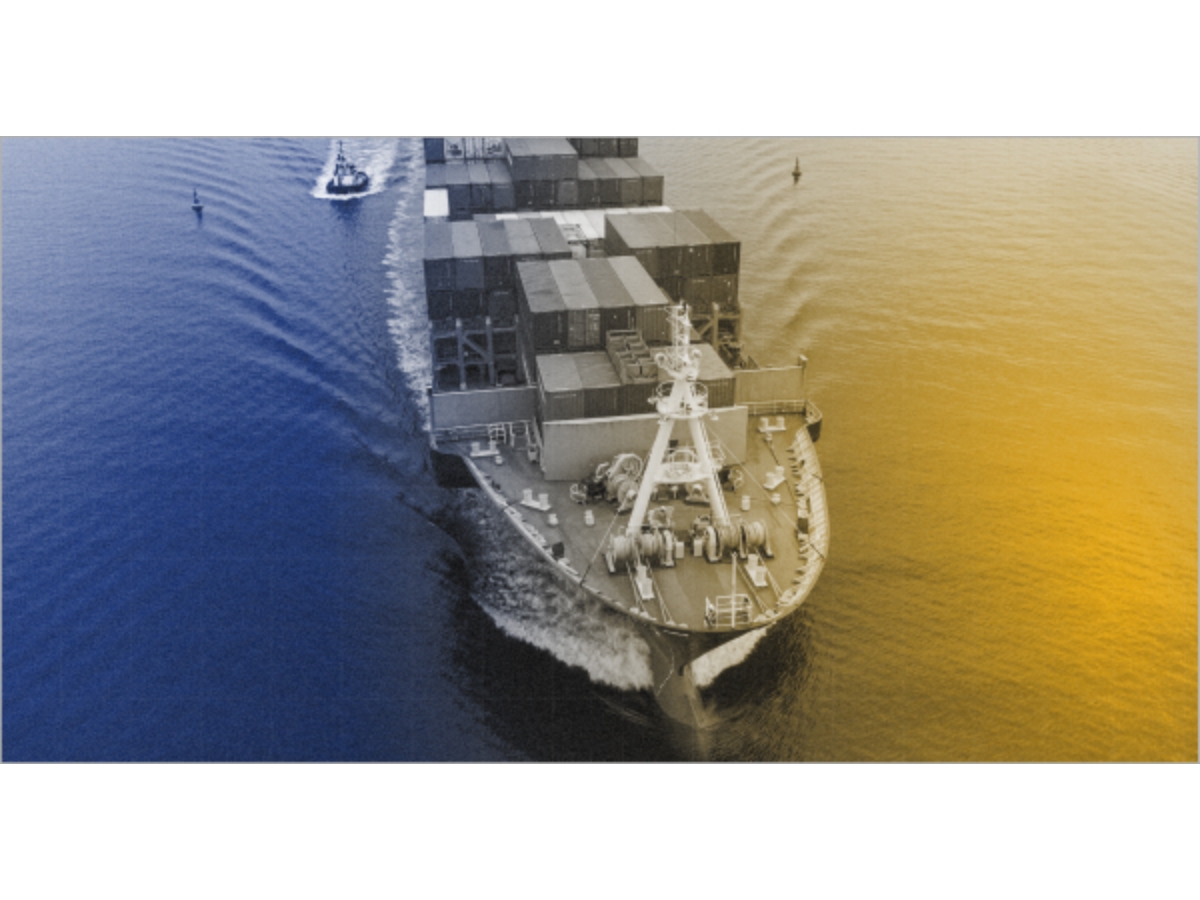PNN
New Delhi [India], June 13: The shipping industry is the backbone of global trade, ensuring that goods move efficiently across borders. Every year, trillions of dollars’ worth of cargo travel via sea routes. However, this industry comes with significant risks–natural disasters, piracy, cargo theft, and mechanical failures can cause massive financial losses. To safeguard against these risks, marine insurance plays a crucial role.
What is marine insurance?
Marine insurance is a policy designed to cover the risks associated with transporting goods and vessels over water. It offers financial protection for shipping companies, cargo owners, and ship operators against various hazards. The primary purpose of marine insurance is to ensure that businesses can recover from unexpected losses without severe financial setbacks.
In simple terms, it acts as a safety net, covering damages, losses, or liabilities that occur during the shipping process. Without this protection, businesses involved in maritime trade could face devastating losses, putting their financial stability at risk.
Why marine insurance is a necessity for shipping companies
Shipping companies face a wide range of risks, from unpredictable weather conditions to human errors. Marine insurance helps mitigate these risks, ensuring that businesses can continue operations without severe financial burdens. Below are some key reasons why marine insurance is essential:
1. Protection against cargo damage
Shipping goods across oceans is fraught with risks. Cargo can be damaged due to rough handling, accidents, or adverse weather conditions. A single storm can lead to cargo losses worth millions. Marine insurance covers such damages, allowing businesses to recover the costs and minimise disruptions.
2. Coverage for theft and piracy
Piracy remains a serious threat to the shipping business. Armed attacks on cargo ships can lead to massive financial losses. Marine insurance ensures that shipping companies receive compensation for stolen cargo, reducing the financial impact of such incidents.
3. Protection against natural disasters
Severe storms, hurricanes, and tsunamis can wreak havoc on maritime trade. Ships may sink, cargo may be lost, and businesses may face significant losses. Without marine insurance, shipping companies would have to bear these costs alone. Insurance provides a financial buffer, ensuring that operations can continue even in such setbacks.
4. Compliance with legal requirements
Many international shipping laws and port authorities mandate that vessels must have marine insurance before they can operate. Without adequate coverage, ships may be denied entry to ports or be subject to hefty fines. Having insurance ensures that businesses remain compliant with international regulations, avoiding legal complications.
5. Financial stability for businesses
A single shipping incident can result in losses amounting to millions of dollars. Without marine insurance, businesses may struggle to recover, leading to financial distress or even bankruptcy. Insurance acts as a financial safeguard, allowing companies to focus on growth rather than worrying about potential losses.
6. Covers multiple types of risks
The shipping industry faces numerous risks, including:
* Fire or explosion on board
* Damage during loading and unloading
* Collisions with other vessels
* Machinery breakdowns
* Losses due to war or political conflicts
Marine insurance provides comprehensive coverage for these risks, offering peace of mind to shipping companies and cargo owners.
What is single transit insurance?
For businesses that don’t ship goods regularly, single transit insurance is a better option. Unlike comprehensive marine insurance, which covers ongoing shipments, single transit insurance provides protection for a one-time shipment.
This type of insurance is particularly useful for:
* Businesses that import or export goods occasionally
* Companies transporting high-value goods that need temporary coverage
* Individuals or businesses shipping specialised equipment or machinery
Types of marine insurance policies
There are several types of marine insurance policies tailored to different needs. Some of the most common ones include:
1. Hull and machinery insurance
This covers physical damage to the ship, including machinery breakdowns and structural damage. It is crucial for shipowners as it helps in covering repair and replacement costs.
2. Cargo insurance
Cargo insurance provides coverage for goods transported by sea. It protects against losses due to theft, damage, or accidents during transit.
3. Freight insurance
Freight insurance protects shipping companies from losses that occur when goods are lost or damaged before reaching their destination.
4. Liability insurance
This type of insurance covers legal liabilities arising from accidents or environmental damages.
The future of marine insurance
The shipping industry is evolving, and so is marine insurance. With advancements in technology, insurers are using real-time data, AI-driven risk assessments, and blockchain to improve policy offerings and claim processing. As risks in the maritime industry continue to change, marine insurance will adapt to provide better protection for shipping companies.
Conclusion
The shipping industry comes with huge risks. Without marine insurance, businesses could face heavy financial losses due to accidents, theft, or natural disasters. Whether you’re a large shipping company or a small business making occasional deliveries, marine insurance ensures peace of mind and financial stability.
(ADVERTORIAL DISCLAIMER: The above press release has been provided by PNN. ANI will not be responsible in any way for the content of the same)
Disclaimer: This story is auto-generated from a syndicated feed of ANI; only the image & headline may have been reworked by News Services Division of World News Network Inc Ltd and Palghar News and Pune News and World News
HINDI, MARATHI, GUJARATI, TAMIL, TELUGU, BENGALI, KANNADA, ORIYA, PUNJABI, URDU, MALAYALAM
For more details and packages












